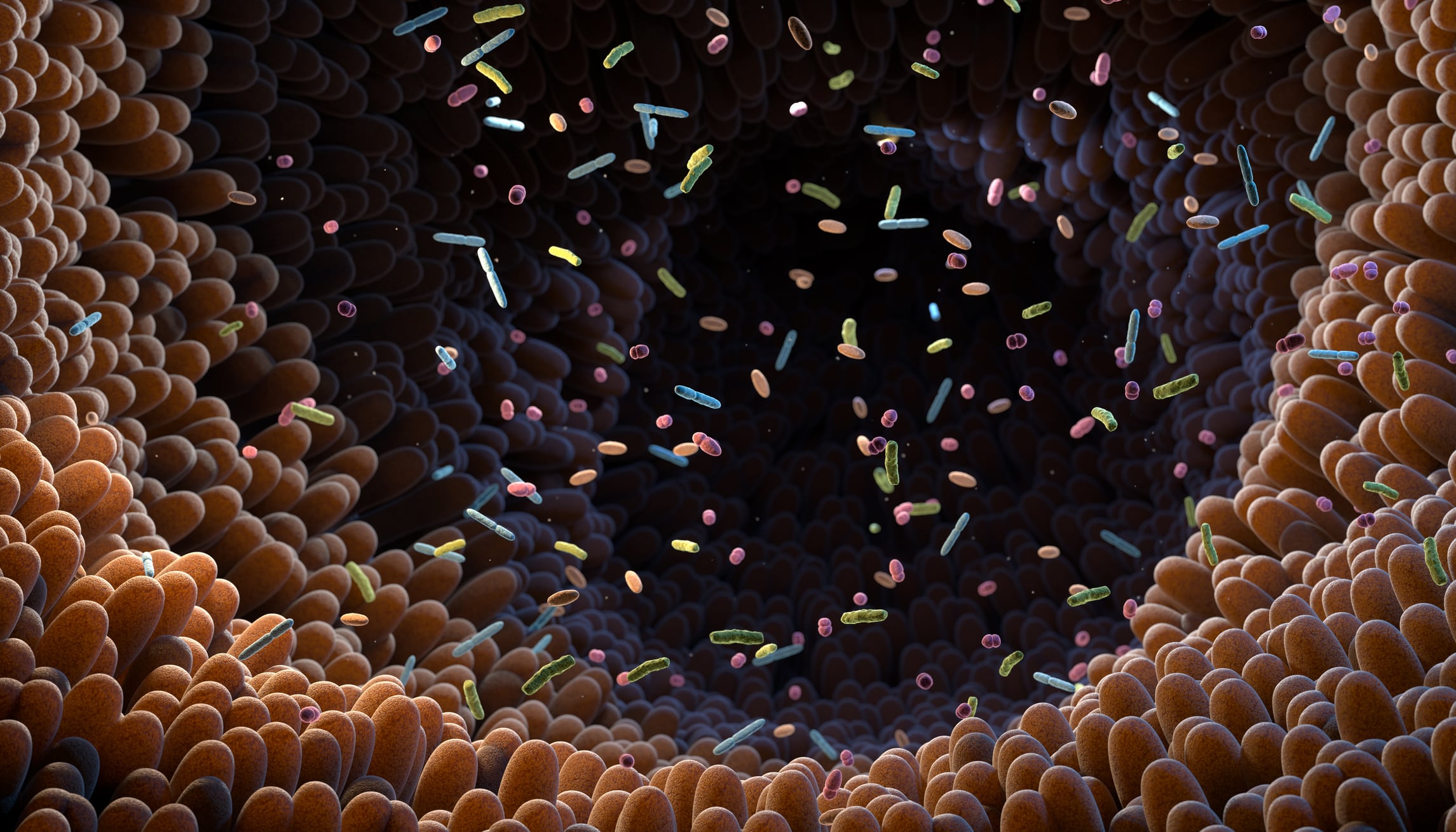It’s time to move away from ‘You are what you eat’ and towards ‘You are what you grow,’ according to Claire Steves, PhD, a professor of aging and health and clinical director of TwinsUK at King’s College London, who emphasized that microbial care is a crucial yet often overlooked aspect of longevity.
Also presenting was Dr. Jenna Macciochi, PhD, an immunologist, researcher, author and senior lecturer at the University of Sussex, who discussed the intersection of the immune system, lifestyle and longevity.
Noting that the gut-immune axis provides a powerful shield against age-related disease, she said, “We no longer just have a window into the aging process—we can shape it."
Longevity and the gut microbiome
In her talk, Dr. Steves presented the latest scientific findings on longevity and the gut microbiome.
She introduced the perspective that humans should be viewed not just as men and women but as ‘super-people’, composed of both a host and a vast community of microbes. This is particularly relevant for healthcare professionals, she said, as it encourages them to advise their patients to consume foods and nutrients that will nourish their microbial ecosystem and avoid drugs that may damage their gut health.
Dr. Steve’s emphasized the importance of caring for the microbial communities from birth. Early-life factors such as mode of delivery (vaginal versus C-section) and infant feeding (breastmilk versus formula) can significantly shape microbial development.
This care, she said, should extend into adulthood, particularly in the final decades of life when the microbiome undergoes notable shifts. These changes may stem from dietary changes, increased inflammation and greater exposure to medications, all of which can impact gut health.
In fact, a number of studies have identified a link between the gut microbiome and frailty. For example, one study analyzing fecal samples from 728 female twins found that frailty was negatively associated with alpha diversity of the gut microbiota. Another observed that older adults with poor appetites had less diverse gut microbiomes, which was also correlated with reduced muscle strength.
Taken together, these finding along with other studies suggest that microbiome interventions may directly affect frailty. However, more trials in older people are needed to prove this hypothesis, Dr. Steves said.
Drawing on the available evidence, she outlined seven approaches which may modify the microbiome to alter aging and disease. This includes consuming prebiotics, probiotics, postbiotics and synbiotics, avoiding antibiotics where possible and using microbiome interventions to optimize drug therapy and improve responses to diets.
These interventions, she noted, could have significant implications for age-related diseases, including neurodegenerative conditions such as Alzheimer’s.
“I think it’s likely that microbiome interventions will be shown to change neurodegenerative disease,” she said. “But for the [time being], the jury is still out. There aren’t any really good intervention studies showing that—we need more studies.”
Immunity and the gut microbiome
Dr. Macciochi explored the immune system’s role in longevity and its bi-directional relationship with the gut microbiome.
“You can’t talk about immune health without talking about the gut, and you can’t talk about aging without talking about the immune system,” she said.
Approximately 70% of immune cells reside in the gut, where they are in constant ‘conversation’ with the trillions of microbes that live there. One key player is butyrate, a short-chain fatty acid produced when specific gut microbes ferment dietary fiber.
According to Dr. Macciochi, butyrate is one of the most powerful molecules involved in longevity processes. It strengthens gut barrier integrity and reduces intestinal permeability, which in turn can prevent bacterial translocation and systemic inflammation. But what lifestyle and diet choices nourish butyrate-producing microbes?
Dr. Macciochi said that prebiotics, fermented foods (probiotics) and polyphenols are all excellent microbial fuel. However, she cautioned that relying on supplements alone is unlikely to have a significant effect in the absence of a nutritious diet, and a diet rich in diverse plant foods and fiber is essential to nourish the entire microbial ecosystem.
In fact, recent research suggests that midlife dietary patterns are powerful predictors of healthy aging. A longitudinal study found that dietary patterns in people’s 40s and 50s shaped whether their later years were spent in good health.
Beyond nutrition, a myriad of other factors including exercise, sleep and stress management are also crucial to both immunity and longevity, she said. However, as we age, certain practices should take priority. This includes maintaining good strength and balance, avoiding loneliness and modifying nutrition while upholding good fiber intake (particularly prebiotic fiber).
To close her talk, Dr. Macciochi stressed the concept of “microbial stewardship”, not only in adulthood but across the lifespan. Intake of ultra-processed foods (which produce inflammation-promoting microbes) is highest among children, she said, and while the consequences may not be visible until adulthood, the foundation is set in childhood.
“Giving kids the opportunity to have a healthy microbiome should be a birth right, and we have to make that happen” she said. “We have to have microbial stewardship across the life course—this is the future of a healthy lifespan.”


